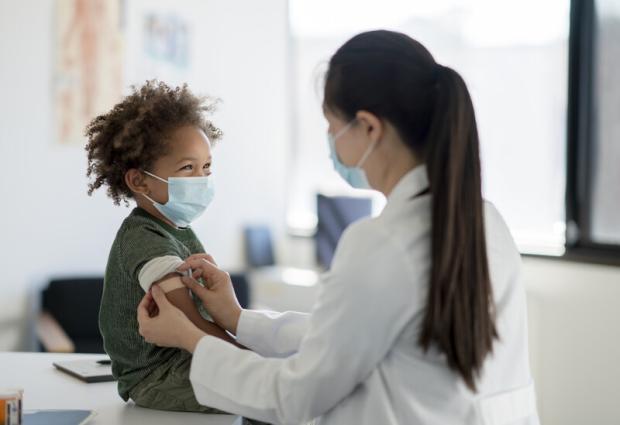
195 BMCHS Doctors Named Top Doctors by Boston Magazine
Latest News at BMC
Working Together to Fight Prostate Cancer
Heading Back to School with a Healthy Start
Boston Medical Center Health System Announces New Leadership Appointments and Expanded Roles to Support Integrated System Vision
Grayken Center for Addiction at Boston Medical Center Hosts Second Annual Conference to Advance Care and Support for People Living with Substance Use Disorder
Public Announcement Concerning a Proposed Health Care Project
Boston Medical Center Awarded Funding for National Training Program to Prevent Prenatal Alcohol Exposure and Improve Outcomes for Children with Fetal Alcohol Spectrum Disorders
Boston Medical Center Announces $4 Million Gift to Establish First Endowed Chair for Quality and Patient Safety
Alik Farber, MD, MBA, Appointed Surgeon-in-Chief at Boston Medical Center and James Utley Professor and Chair of Surgery at BU Chobanian & Avedisian School of Medicine
 en
en 








 Français
Français Deutsch
Deutsch Italiano
Italiano Español
Español Tiếng Việt
Tiếng Việt Kreyol ayisyen
Kreyol ayisyen